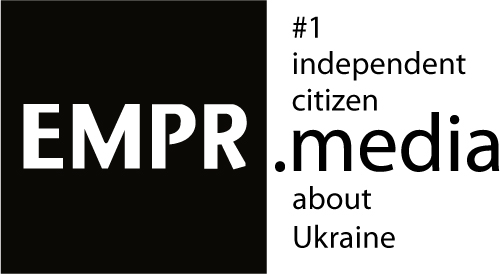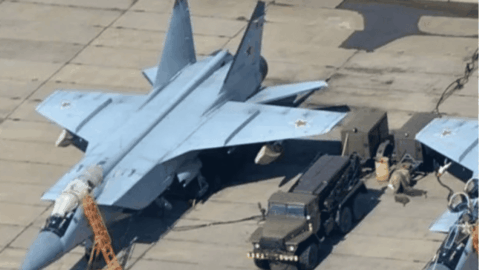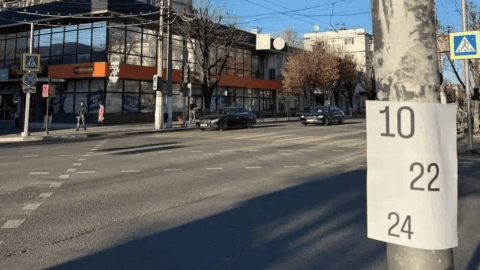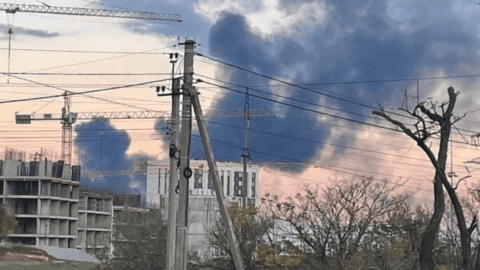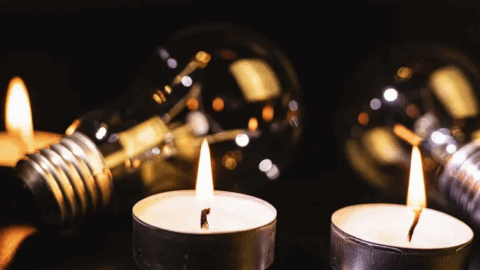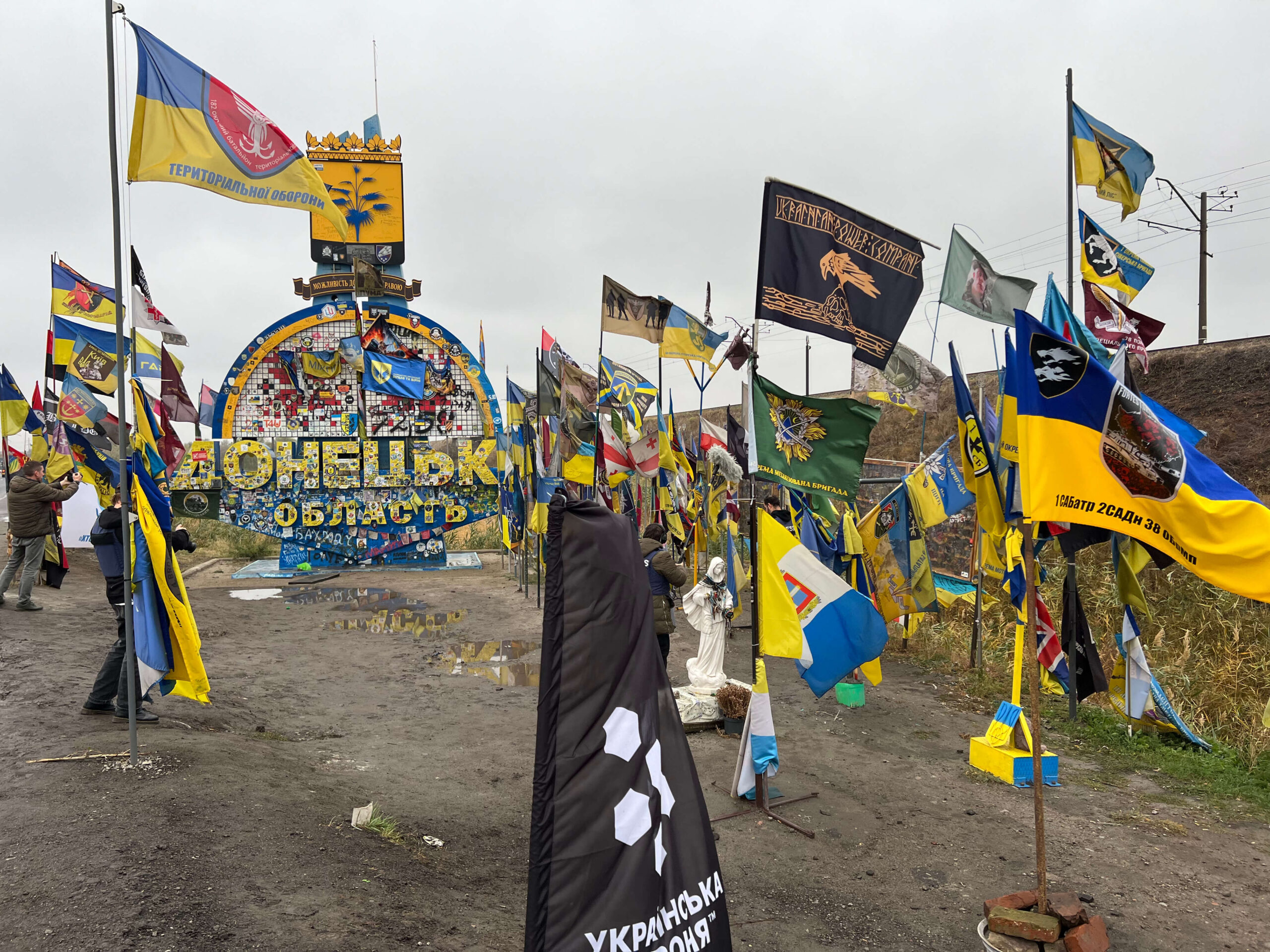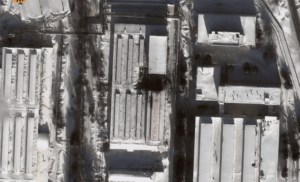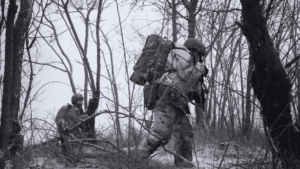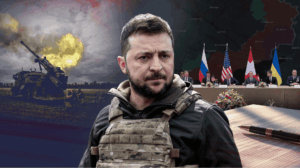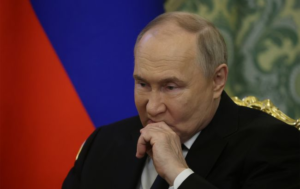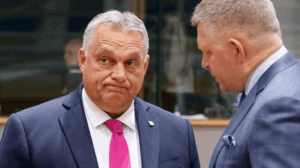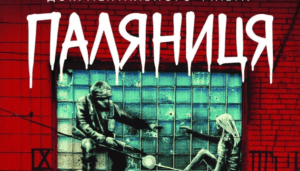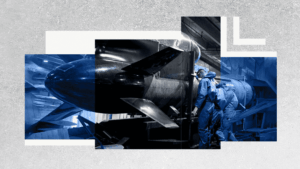Human rights activists from the Crimean Human Rights Group (CHRG) have turned their focus from documenting physical war-crimes to exposing the role of media in facilitating them.
Their recent submission to the International Criminal Court (ICC) accuses prominent Russian propagandists of complicity in international crimes by way of public incitement.
Over the course of approximately one year, CHRG analysts monitored Russian state television programmes and large-scale Telegram channels, identifying more than 600 public statements deemed to call for war-crimes, and tracing them to 173 individuals.
Among the most high-profile names singled out: Vladimir Solovyov (television host), Sergey Mikheev (political analyst) and Andrey Gurulyov (general and media commentator). According to CHRG, many of the collected statements explicitly called for strikes on civilian and critical infrastructure in Ukraine — such as energy systems — and glorified the suffering of civilians.
Nature of Claims
The analysts argue that these statements go beyond mere hateful rhetoric; some meet the threshold of incitement, planning, or encouragement of crimes such as destruction of civilian infrastructure, war-crimes against prisoners of war, and possibly crimes against humanity or genocide. For example, CHRG reported that speakers frequently used language such as “eliminate/list annihilate Banderites”, or justified targeting Ukraine’s energy grid.
They conclude that such calls may amount to not only propaganda but complicity in the planning or execution of international crimes — linking media speech with battlefield outcomes.
Legal Strategy
By submitting a formal “communication” to the ICC Prosecutor’s office, CHRG seeks the initiation of investigations into these propaganda actors. They also emphasise the importance of building cases under the Rome Statute, under which “incitement to genocide”, “crimes against humanity of persecution”, or “aiding and abetting war-crimes” are actionable. Legal experts supporting the submission note that media figures might be prosecuted not for combat acts, but for their material support or facilitation of war-crimes through speech.
Implications and Challenges
Should the ICC decide to pursue these cases, it would mark a significant expansion of accountability, from battlefield perpetrators to the broader media-and-information ecosystem. At the same time, major legal and practical hurdles remain. For one, Russia refuses to recognise the ICC’s jurisdiction and has dismissed similar arrest warrants as legally void. Also, proving causal links between specific speeches and subsequent war-crimes is complex – requiring detailed metadata, timestamps, and corroborating evidence of crime-commission.
The CHRG’s submission underscores a broader evolution of war-crimes documentation: not only bombs and bullets, but words and broadcasts. According to CHRG, without capturing the “information war” dimension, accountability will remain incomplete.
In essence, this initiative by Crimean human-rights activists attempts to map how state-run propaganda and media content may constitute a battlefield weapon in its own right — one that can be tied to crimes and held to account on the international stage.
Tags: Civilian infrastructure attacks Crimean Activists Human rights Ukraine ICC case Media accountability Russian propaganda ukraine war War‑crimes incitement